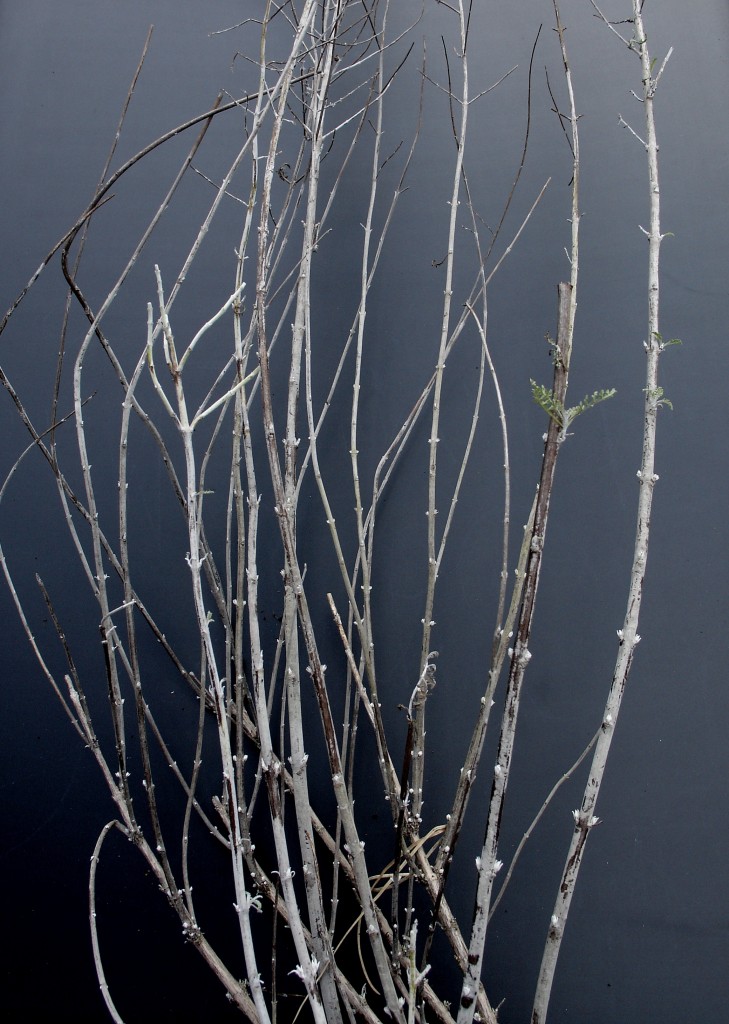Russian sage is a fantastic plant for us on Nantucket, having all the qualities we look for in a great perennial:
- It’s hardy, overwintering easily without any special coddling needed from the gardener
- It performs best in the lean, sandy soil that most of us have on the island.
- It’s aromatic grey green foliage has just enough fuzz to make it very deer resistant
- It has a long season of interest, looking great from June through October
- It flowers for a very long time in mid to late summer, when seasonal residents are on the island.
- Its lacy leaves, blue flowers and open habit make it quite versatile in the landscape. It can be added to perennial gardens, makes a dramatic mass planting and pairs extremely well with ornamental grasses.
Although many of us have been taught to leave Russian sage standing and prune it in spring, I’ve also had perfect results pruning it in fall, when I cut down my spent perennials. Just be sure to wait until it is dormant, preferably after a frost.
Objectives for pruning Russian Sage are: Removing dead twigs, removing broken or damaged branches, stimulating strong growth from a balanced framework of stems that will flower the following summer.
Follow these steps to prune Russian Sage while dormant:
- Cut back all growth from the past season to healthy buds, within 6-8 inches from the soil.
- Remove any dead branches as well as broken or damaged wood.
- Remove any skinny twigs incapable of supporting strong new branches next season
- If possible, cut back a few of the oldest stems close to the soil, to encourage strong young shoots to replace the older ones.

Now that we know the right way to prune Russian Sage, I’ll let you in on a little secret. This plant is extremely forgiving; most landscapers on the island use the “Hair Cut” method of pruning. Just gather up the twigs in one hand and prune them all off evenly with the other. Or, if you prefer, take to them with your hedge trimmers! New growth next summer will quickly cover any dead twigs remaining.


